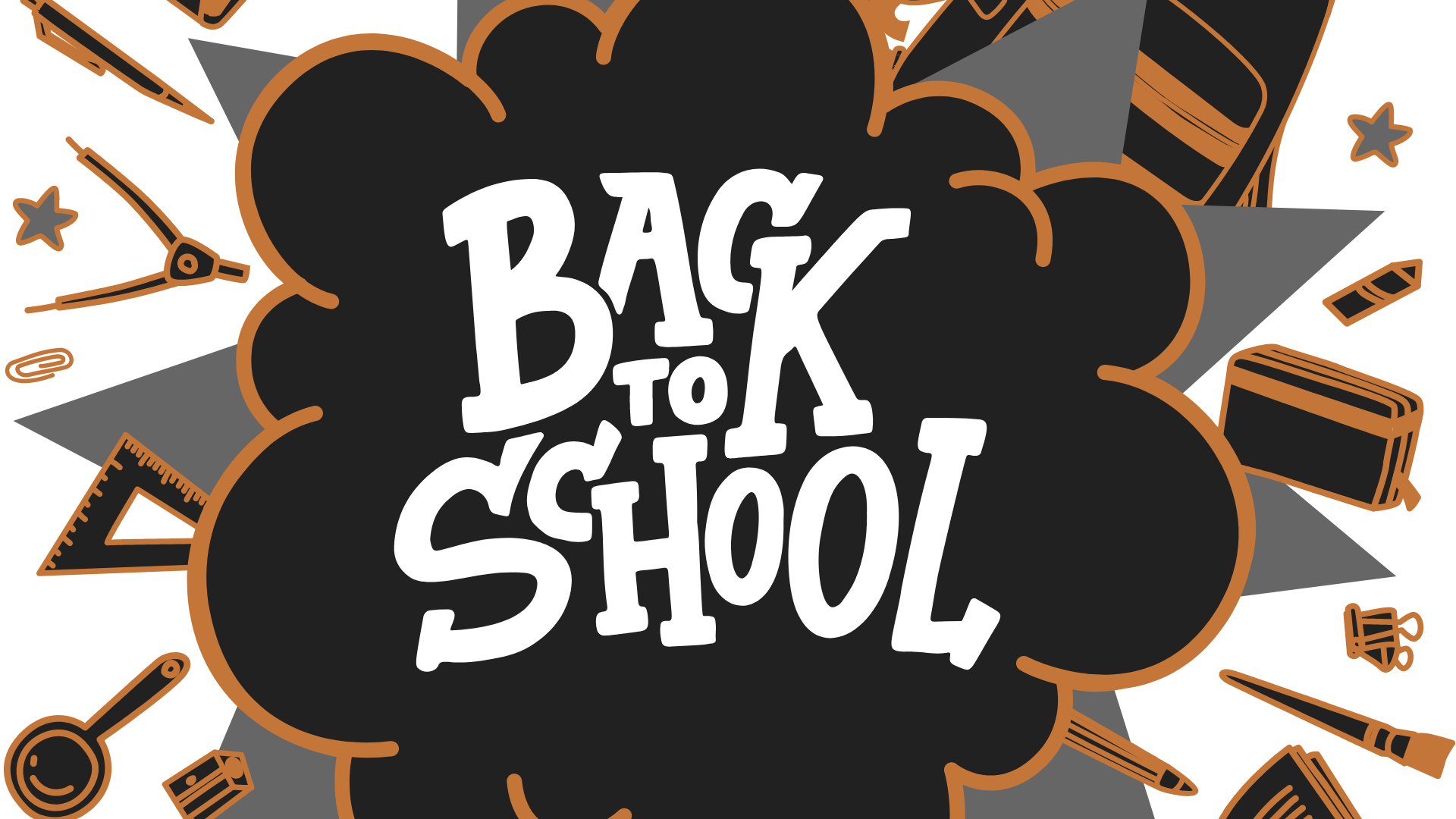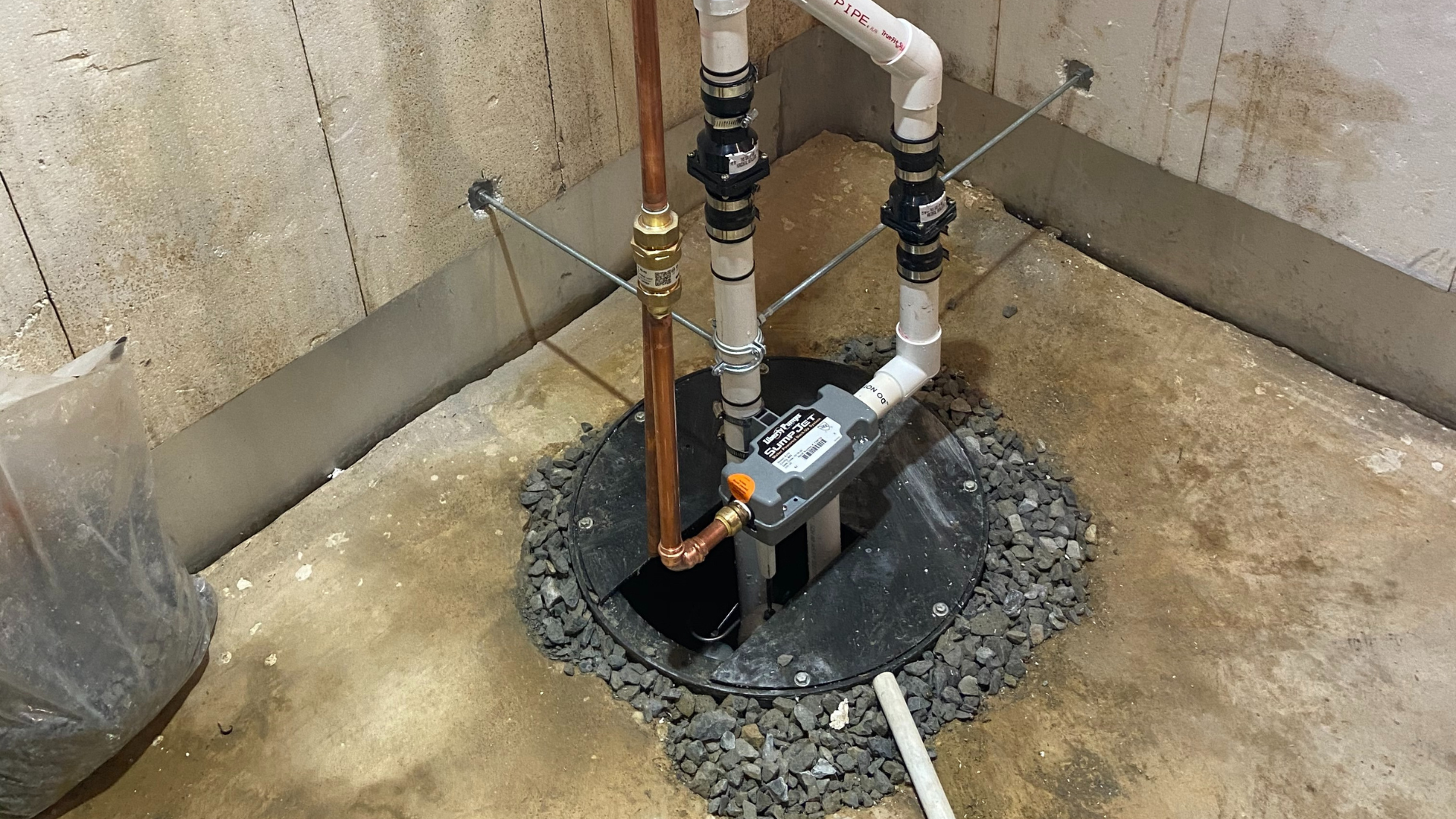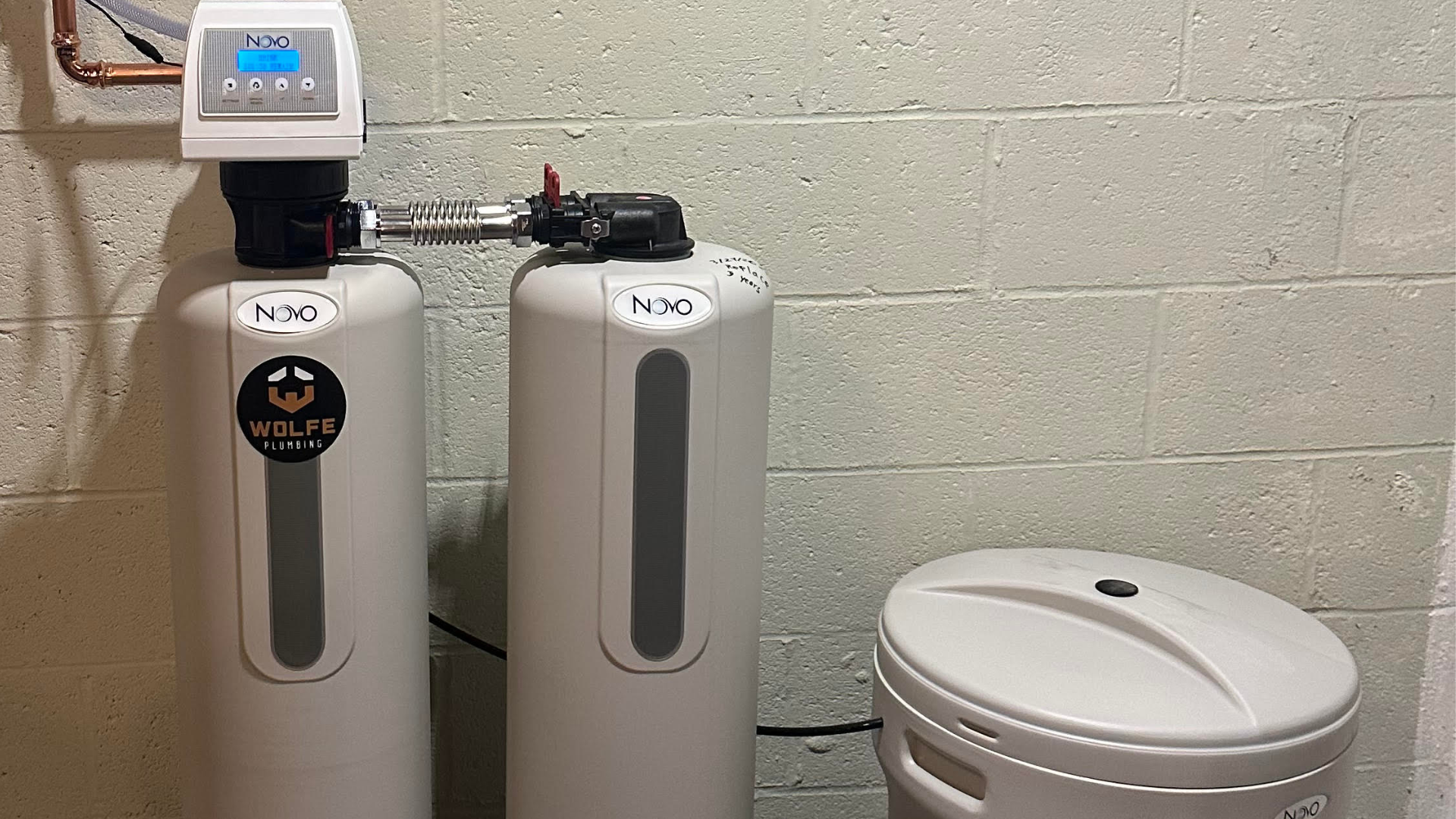Winter Plumbing Tips: Keeping Your Pipes Safe This December
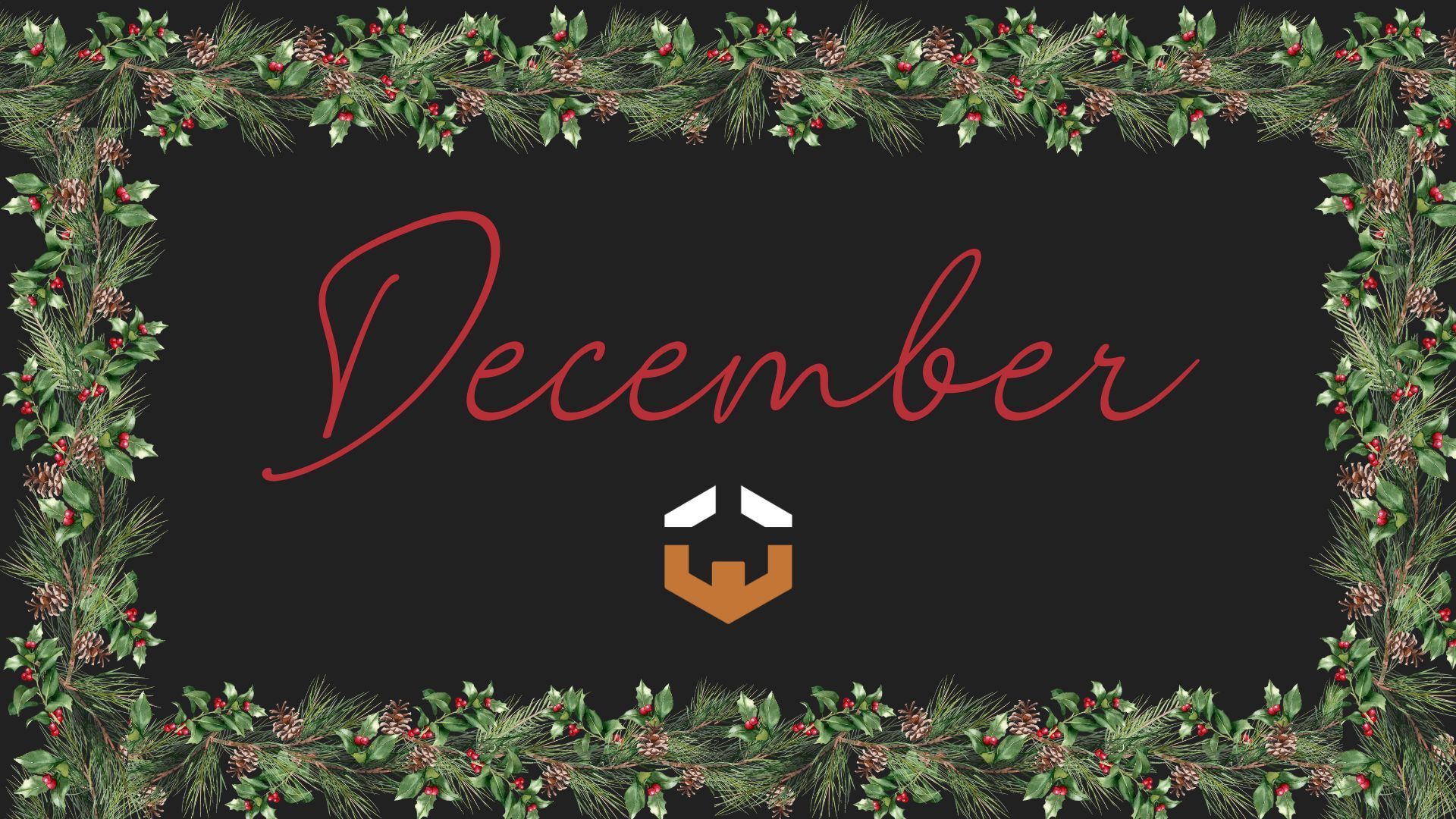
As the temperature drops and winter settles in, December is the perfect time to ensure your plumbing system is ready to handle the cold. Burst pipes, frozen water lines, and unexpected leaks can quickly turn holiday cheer into stress. Follow these winter plumbing tips to keep your home cozy and your pipes safe this season.
1. Protect Your Pipes
Exposed pipes are at risk of freezing, especially in unheated areas like basements, crawl spaces, and garages. Use foam pipe insulation or heat tape to wrap vulnerable pipes. A little investment in insulation can save you from expensive repairs later.
2. Keep the Water Flowing
On particularly cold nights, allow a small trickle of water to flow from faucets connected to exposed pipes. Moving water is less likely to freeze and can help relieve pressure in the system, reducing the risk of a burst.
3. Disconnect Outdoor Hoses
Leaving hoses attached to outdoor faucets can trap water, which may freeze and expand. Disconnect and store hoses, and consider using a faucet cover to protect outdoor spigots.
4. Check for Drafts
Inspect your home for drafts around pipes and plumbing fixtures, particularly near exterior walls. Seal any gaps with caulk or weatherstripping to keep cold air out and warm air in.
5. Maintain Your Water Heater
Your water heater works overtime in the winter. Schedule a maintenance check to flush out sediment, test the thermostat, and ensure it’s functioning efficiently. You’ll appreciate reliable hot water during the cold months!
6. Know Your Main Shut-Off Valve
In case of a plumbing emergency, such as a burst pipe, knowing the location of your main shut-off valve can save you precious time and prevent extensive water damage.
7. Be Ready for Guests
If you’re hosting holiday gatherings, your plumbing system will see extra use. Test your fixtures, clear slow drains, and remind guests to dispose of waste properly (no grease in the sink or non-flushables in the toilet).
8. Keep our Number Handy
Despite your best efforts, winter plumbing problems can still arise. Have our contact information [(302) 509-7499] ready so you can act quickly in an emergency.
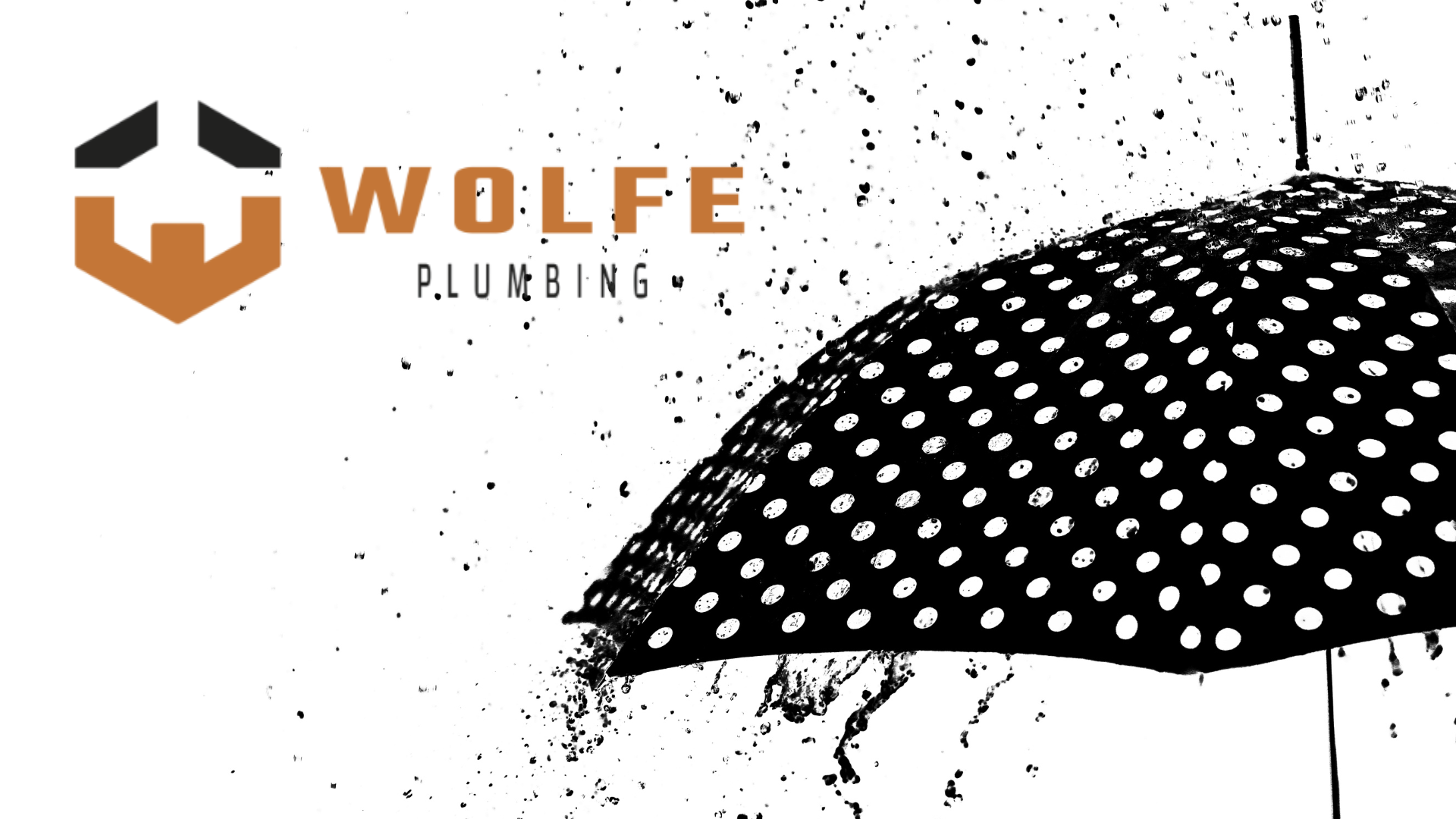

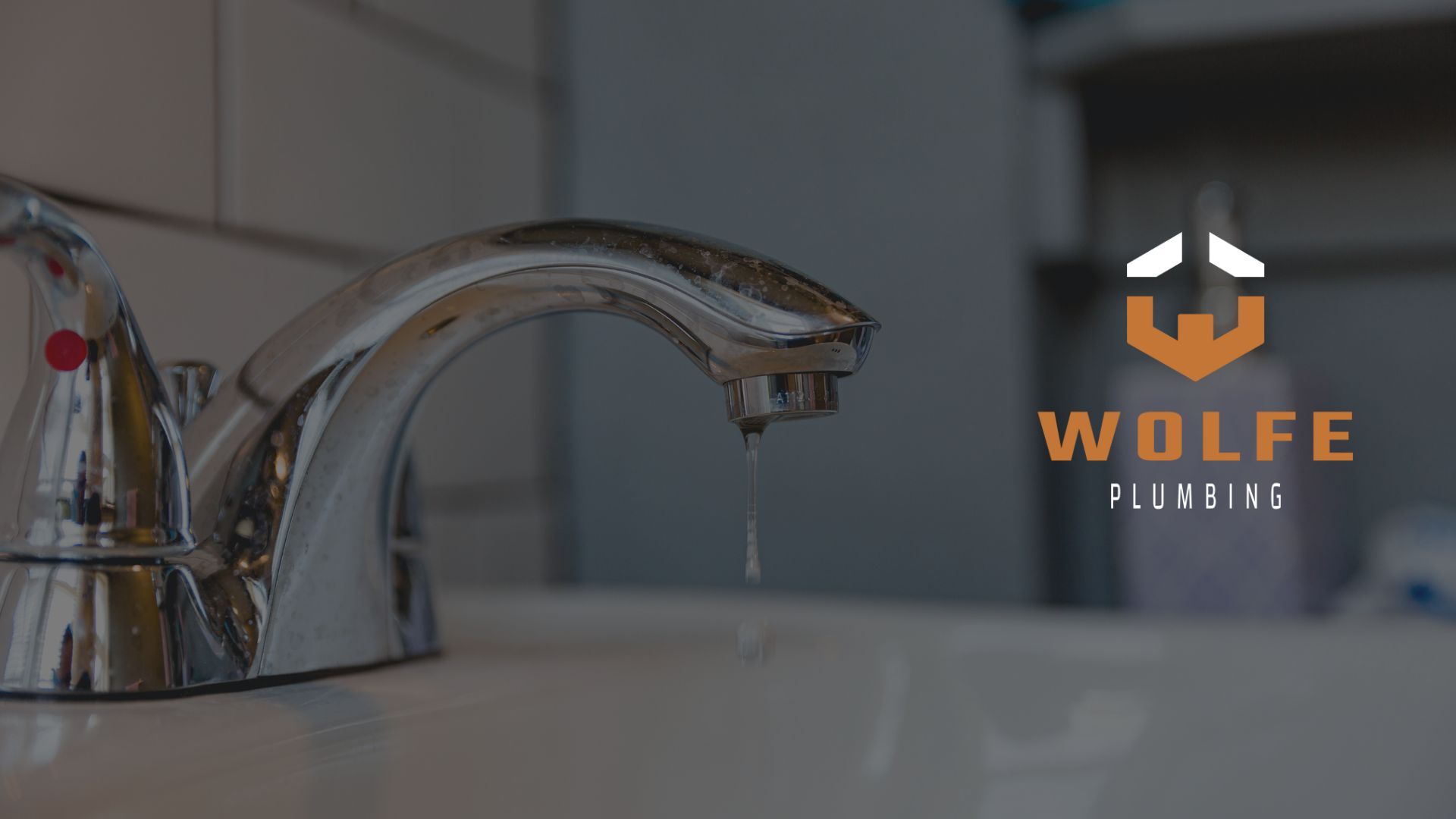
BROWSE OUR WEBSITE
CONTACT INFORMATION
Phone: 302-509-7499
Email: rwolfeplumbing@gmail.com
Address: Hockessin, Delaware



